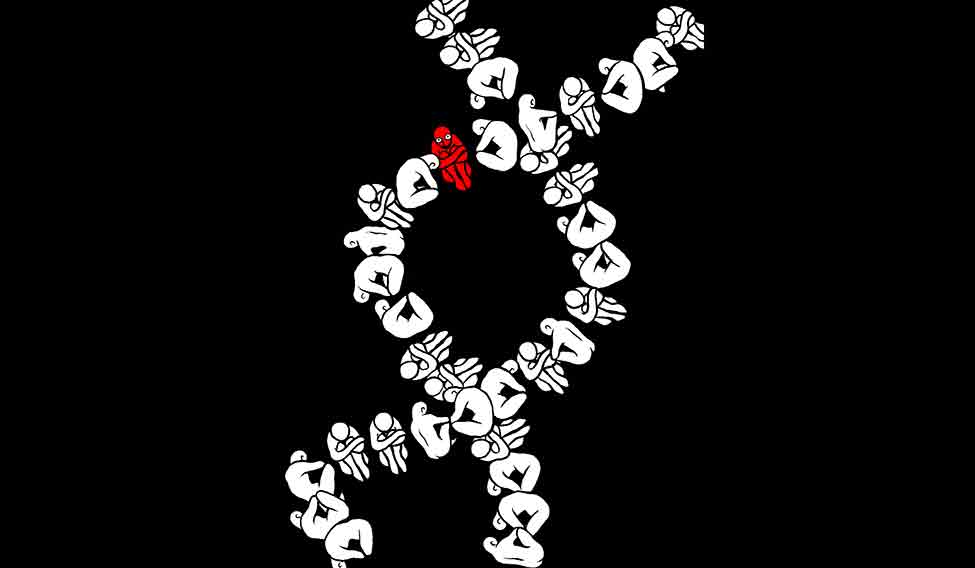Meru Gokhale, editor-in-chief of literary publishing at Penguin Random House India, has worked closely with Siddhartha Mukherjee on his new book, The Gene. In an interview, Gokhale, who has been in the publishing business for more than a decade, talks about genetics, her favourite part in the book and the perfectionist that Mukherjee is. Excerpts:
What is the biggest strength of The Gene? How would you describe it?
The Gene deals with the most important question of all: What does it mean to be human? It helps us understand our individuality and what makes us unique.
What is it like working with Mukherjee?
Sid is a perfectionist while also being one of the most open-minded authors I have ever worked with. He is always thinking of the reader. The book is a result of his passion for his work and his personal need to understand his family’s history.
Is it difficult to draw a line between concepts that would be familiar and be taken for granted in the world that he comes from and ensuring that it is too simplified for readers?
The beauty of the subject of genetics is that even when complex scientific concepts are being discussed, the questions being asked are essentially very simple. What makes human beings similar? What makes human beings different?
Sid was always very conscious of his readers and, that is why, it is such an accessible book—you don’t need to be a scientist to relate to it.
The book is often considered a writer's baby. But, in some way, it is also brought to life by the editor. Do you have any favourite parts?
My favourite part is the section on twin studies and the blurred lines between nature and nurture. It challenges every assumption we might have about our own individuality.
How would you describe Mukherjee, as a writer as well as one of the first readers of the book?
There are several editors around the world who worked on his book, and for me, working on The Gene has been extremely intellectually rewarding. As a person, Sid is warm, funny, multitalented—a living genius.













